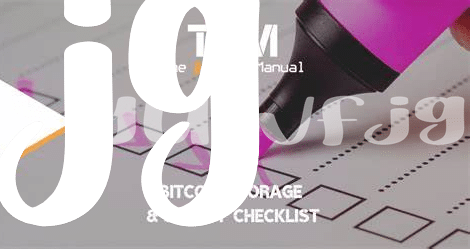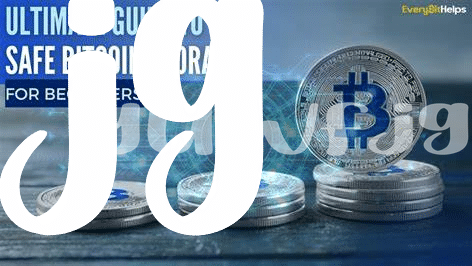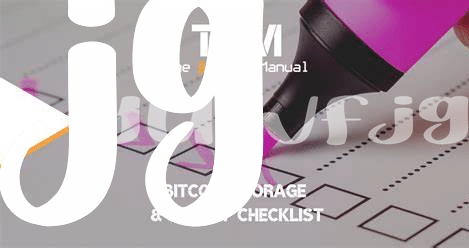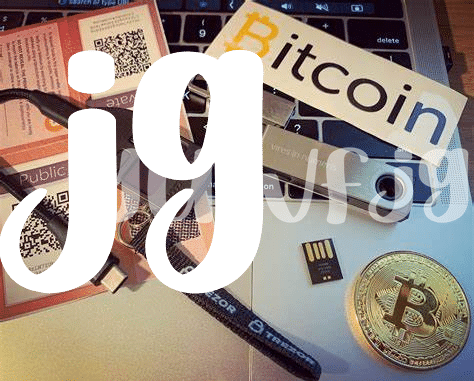Understanding the Basics of Bitcoin Security 🔒

Bitcoin security is a vital aspect of safeguarding your digital assets in the volatile world of cryptocurrency. Understanding the basics of Bitcoin security is the first step towards protecting your investments. By familiarizing yourself with concepts such as private keys, public addresses, and encryption methods, you can better grasp how to keep your Bitcoin safe from potential threats. It’s crucial to learn how to securely store your private keys, avoid phishing scams, and use reputable wallets to minimize the risk of hacks and theft. Educating yourself on these fundamental principles will empower you to navigate the complex landscape of Bitcoin security with confidence and caution.
| Top Tips for Bitcoin Security | Emoji Summary |
|---|---|
| Utilize Two-factor Authentication | 🔐 |
| Implement Strong Password Practices | 🗝️ |
| Use Hardware Wallets | 📦 |
| Backup Your Wallet Properly | 📂 |
| Stay Informed on Cyber Threats | ⚠️ |
Importance of Two-factor Authentication for Protection 🔐
Two-factor authentication serves as a crucial shield in the digital realm, adding an extra layer of security to safeguard your Bitcoin assets. By requiring users to provide two different authentication factors, such as a password and a unique code sent to their phone, this method significantly reduces the risk of unauthorized access. Embracing two-factor authentication is akin to fortifying the walls of your digital fortress, making it challenging for cybercriminals to breach your defenses. This proactive measure enhances the overall security posture of your Bitcoin holdings, offering peace of mind amidst the ever-evolving threat landscape.
Adopting two-factor authentication underscores the essence of proactive protection in the realm of Bitcoin security. It empowers users with a robust defense mechanism, mitigating the potential impact of cyber threats and bolstering the resilience of their digital assets. As the digital landscape continues to evolve, integrating this additional layer of verification becomes increasingly paramount to uphold the integrity and confidentiality of your Bitcoin holdings. By embracing this security measure, individuals can navigate the digital space with heightened confidence, knowing that their assets are shielded by a fortified layer of protection.
Implementing Strong Password Management Practices 🗝️

Implementing strong password management practices is crucial in safeguarding your Bitcoin assets. By creating complex and unique passwords for your wallet and regularly updating them, you add an extra layer of security to prevent unauthorized access. Additionally, using a reputable password manager can help generate and store secure passwords across different platforms, ensuring your sensitive information remains protected. It’s essential to avoid reusing passwords and to enable two-factor authentication whenever possible for added security measures. Remember, a strong password is your first line of defense against potential cyber threats.
Exploring the Role of Hardware Wallets in Security 📦

Hardware wallets play a crucial role in enhancing the security of Bitcoin assets. By storing private keys offline on a secure device, hardware wallets provide an extra layer of protection against cyber threats. These physical wallets are resistant to hacking attempts and malware attacks, making them one of the safest options for storing cryptocurrencies. Additionally, hardware wallets enable secure transactions by requiring manual approval directly from the device. To learn more about the safety standards for Bitcoin storage devices, check out the safety standards for bitcoin storage devices in Guinea.
Backing up Your Bitcoin Wallet Safely 📂
Backing up your Bitcoin wallet safely is a crucial step in protecting your digital assets. Just like you secure your physical valuables in a safe place, it’s essential to have a secure digital backup of your Bitcoin wallet. By creating multiple backups in different locations, such as external hard drives, USB drives, or even paper wallets stored in a safe deposit box, you can ensure that your Bitcoins are safe even if your primary wallet is compromised. It’s recommended to encrypt your backups with strong passwords to add an extra layer of security. Regularly updating these backups is also important to safeguard against any unforeseen data loss or corruption.
Here is an HTML marked table for better presentation:
| Location | Backup Type |
|---|---|
| External Hard Drive | Encrypted file backup |
| USB Drive | Offline wallet backup |
| Safe Deposit Box | Secure paper wallet backup |
Staying Informed about Latest Cybersecurity Threats ⚠️

In the ever-evolving landscape of cybersecurity, staying informed about the latest threats is crucial for safeguarding your Bitcoin assets. By remaining proactive and knowledgeable about potential vulnerabilities and attack vectors, you can better protect your digital wealth. Regularly following updates from reputable sources, engaging in online communities, and leveraging threat intelligence platforms can provide valuable insights into emerging risks. Additionally, participating in forums and discussions can offer real-time awareness and proactive measures to mitigate potential threats. Remember, being informed is key to staying one step ahead of cybercriminals.
Safety standards for bitcoin storage devices in Greece
